In this autobiography, Mary Portas doesn’t dip into the fabled store of her talents by giving an account of her countrywide progress as monarch and oracle of retail, but conjures a nostalgic cornucopia of the mid- 20th-century brands and frankly cheesy TV personalities (she often dressed up as Jimmy Savile) that dazzled her youthful Hertfordshire eyes. These were rapturously set on future journeys, of which we get only one — her great leap forward from North Watford to Knightsbridge, where her undoubted brilliance as a window-dresser eventually blossomed at Harvey Nichols.
While credited with making that store a destination experience — though possibly its acquisition by the Hong Kong magnate Dixon Poon had a bit to do with that — Portas certainly put the cat among the cushions, but it always had a certain cachet. In the late 1950s, Woollands, as it was then, was a Saturday morning pilgrimage for the fashion elite, advertising moguls and photographers, from the established John French and Richard Dormer to the upstarts Bailey, Donovan and Duffy, ooh-ing and ahh-ing at panoramas of hitherto-unseen continental chic.
Mary’s family, the Newtons — Brylcreemed dad, mum with a whisp of Goya’s Coral lipstick, brothers, the altar boy Joe, police cadet-to-be Lawrence, Man-U obsessed Michael, future-nurse sister Tish — were the very model of that long-lost quality, civilised respectability. Mary, though fascinated by less routinely admired Hollywood movie stars like Hedy Lamarr and Carol Lombard and the arrival of glam-rock, was an exemplary student, and moved easily from Watford Comp to classier Rickmansworth Grammar. Intensely observant, every commercial product ratcheted in her mind, and part of the book’s charm (and much of its index — even one bite of a Granny Smith gets a mention) is its litany of fondly remembered brand names.
And real-life names. Anyone Mary has ever heard of is there, from the milkman to the mega-men. A couple of years on she even got to meet one or two: ‘It was only Malcolm bloody McLaren’ who tapped enticingly on the plate-glass as Mary’s team installed yet another eyecatcher. Outgoing, a natural performer and lured by fashion, Mary’s lifeblood has always clearly been ‘in retail’ — an ambition that was encouraged in her cosy, tightly knit home.
Then it fell apart. Her mother died suddenly, too young. Mary comforted her grieving father, only to see him, a year or so later, fall for a stereotypically genteel bottle-blonde. He then married her and sold the family house, leaving his teenage family with nowhere and nothing. Little
Women-like, Mary gathered the reins with capable hands while pursuing her artistic bent and becoming a locally envied, if outré, clothes-horse. ‘Oxford bags, cream with large orange check, skimmed my skinny legs’, and a Vidal Sassoon-inspired chick-yellow gamine crop set her on the golden road to SW1 and those department stores.
And pretty soon to a brief marriage with Graham Portas, whose ‘lashes were as long as a cow’s’: it’s a bit of a milk-sop ending. There’s nothing further about Madly Modern Mary, the gender-bending, same-sex marrying, child-by-brother’s-sperm-adopting, advice-dispensing, axe-wielding terror of the high street, quake-making queen of the malls.
The BBC selected Shopgirl recently as book of the week, read by Mary. She has a slightly irritating voice, but she overcame this hurdle by putting in plenty of expression, bathetic pauses and comic accents, the narrative relieved by added bursts of seminal pop-rock — not a bad idea, actually. But Auntie, by filleting any faintly contentious bits, managed to mould Portas into a Thoroughly Ordinary Person. We know, and she knows, that she is anything but.
Got something to add? Join the discussion and comment below.
Get 10 issues for just $10
Subscribe to The Spectator Australia today for the next 10 magazine issues, plus full online access, for just $10.
Available from the Spectator Bookshop, £14.99 Tel: 08430 600033
You might disagree with half of it, but you’ll enjoy reading all of it. Try your first month for free, then just $2 a week for the remainder of your first year.

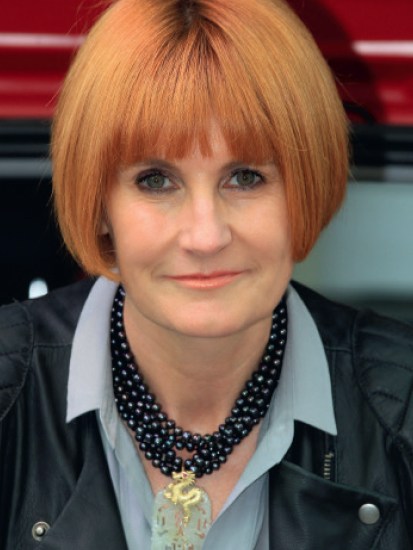
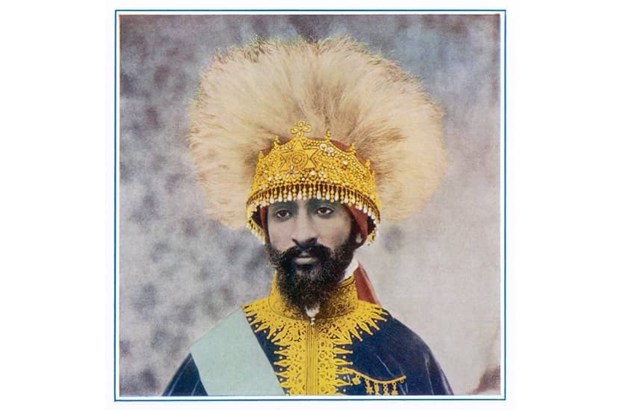
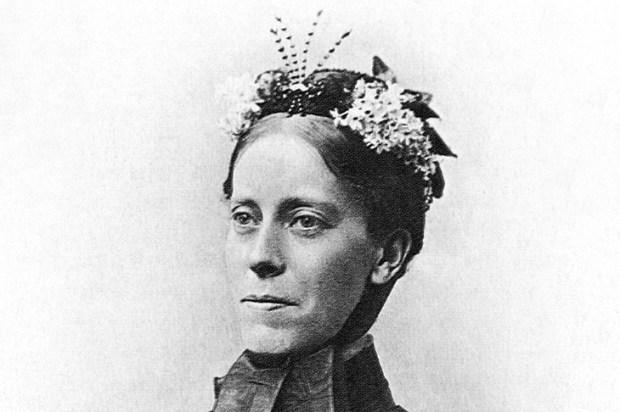
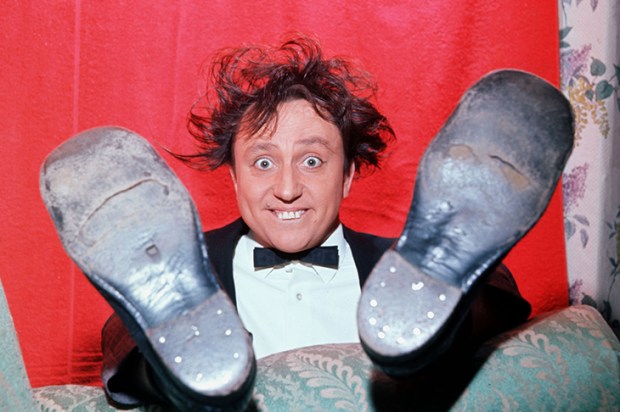
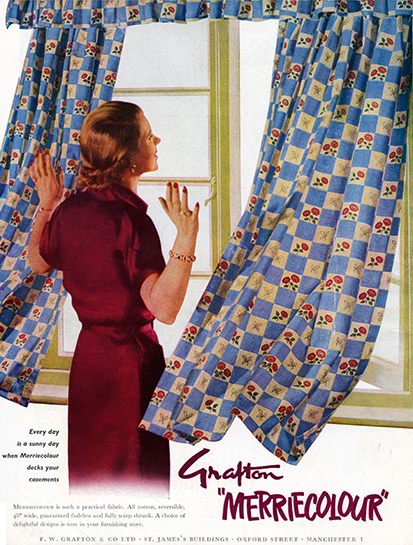

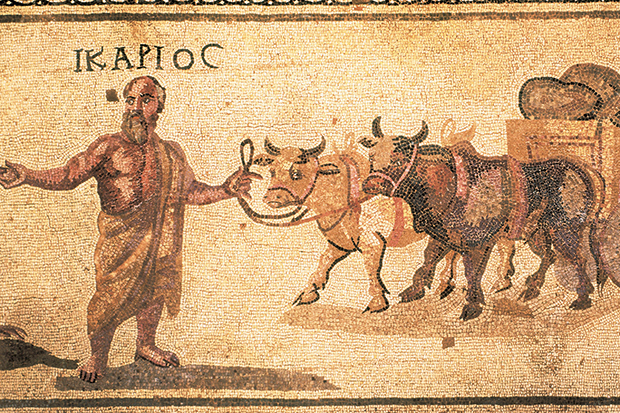






Comments
Don't miss out
Join the conversation with other Spectator Australia readers. Subscribe to leave a comment.
SUBSCRIBEAlready a subscriber? Log in